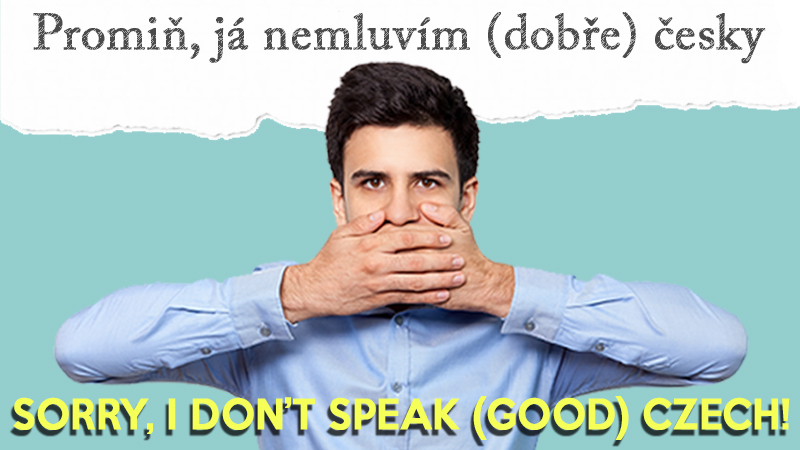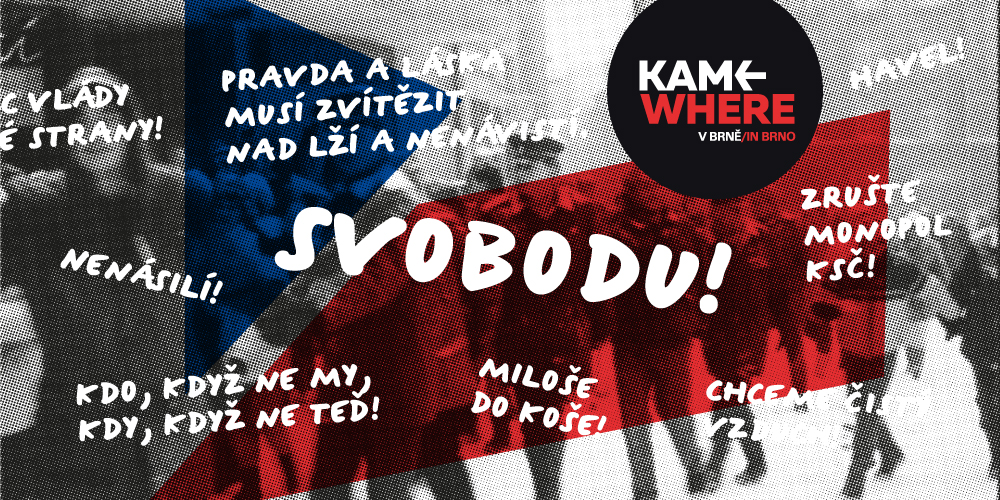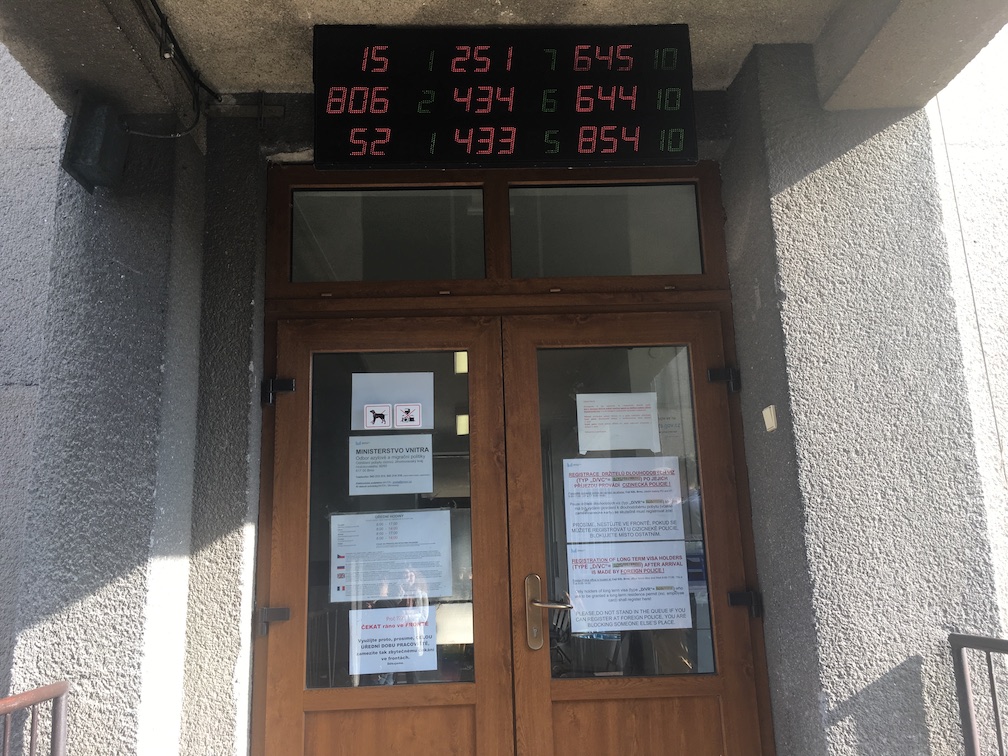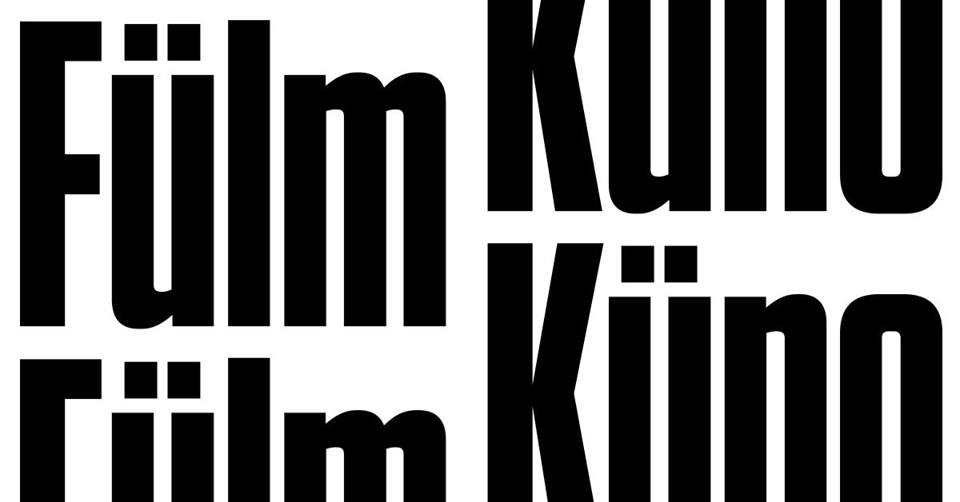A light-hearted look at surviving the Czech language. Title image: Casadei Graphics
Still fairly new to the CZ and its wonderful language? Or, like me, a bit lazy when it comes to learning the language? If so, then here is some information which could make your life easier and the language more fun.
First off, it’s much easier to get away with bad Czech these days than it used to be. Brno has become far more cosmopolitan with many expats from different countries communicating with their friends, colleagues and random people they meet on trams or in bars in a wide variety of languages, including broken Czech.
“I have even heard the ticket inspectors speaking English.”
More young people, and older generations too, have at least a basic level of English and, from anecdotal evidence, are generally more willing than previously to make use of it and help out those of us who are desperately trying to get our message across. City centre bars and restaurants abound with staff who can speak decent English or other languages and are far more receptive to our bumbling efforts than 5 years ago, never mind 10. I have even heard the ticket inspectors speaking English which, while it surprised and pleased me, does mean the end of the line for those fare dodgers who chance their luck by pretending to be ignorant of the rules due to language.
That’s the good news: you can be a bit lazy about the language and survive, but what if you want to sound a bit more competent and impress your Czech friends? What if you go to the Brno suburbs or travel around Moravia how can you get by with a few words?
Stating the obvious and moving on
“They will be telling their friends and family for months that they met a non-Czech who tried to talk to them in Czech and they understood.”
Learn how to say hello, please, thank you and sorry. Next up, learn how to order in restaurants/pubs – it doesn’t need to be perfect, as I have found that the majority of Czechs are very receptive if you at least make an effort. If you get the word form wrong (e.g. dva pivo instead of dvě piva), they will still understand and, trust me, they will be telling their friends and family for months that they met a non-Czech who tried to talk to them in Czech and they understood.
Of course, you should learn how to say “I’m sorry I don’t understand/speak Czech”. Even knowing these two phrases will get you looks of admiration (and possibly suppressed laughter). A word of caution: if you say this perfectly your Czech friend will be very happy, congratulate you on perfect Czech and fire a whole bunch of questions at you (in Czech!).
Moving it up a notch you can learn how to say that you understand a little Czech but are terrible at speaking. This is probably the phrase I use most often but it has amusing consequences.
rz/ch
The standard followup question to admitting to some knowledge of the Czech language (prosím, rozumím trochu Česky ale nemluvím) is whether you can pronounce rz or ch. That funny little mark above r makes quite a difference to pronunciation.
Seriously, they quiz the Slovaks on this because the Slovaks don’t use rz and the Czechs are very proud of their own ability to contort their tongue.
Being Scottish, I can roll my r, my ch is a little too strong and ‘rz’ is ok if it’s in the middle of a word – but not at the beginning. Basically, you will be a performing monkey, meant with the nicest of intentions I hope, so practice a few words (in front of the mirror if need be) with these sounds, get them down pat and your Czech friends will look so impressed that you will feel like the best thing since sliced bread. First, go for the easier ch and try chléb (bread), chalupa cottage) and chřest (asparagus). Then push the boat out and delight them by firing off řízek (schnitzel), křen (horseradish), or Tuřany.
Rather amusingly the, often satirical, website weeks.cz reported that the EU is trying to ban the use of rz. While many foreigners would love this it was definitely a tongue-in-cheek article so you have to keep practising.
“If you need to deal with bureaucrats or officials then take a Czech person with you.”
More seriously, if you need to deal with bureaucrats or officials then take a Czech person with you. While, in my experience anyway, things have definitely improved, survival Czech is not going to help you. If you don’t have a friend who can help you then my old trick is to show my passport, smile and use the phrase above: I understand but I don’t speak. Sometimes they just look bewildered but usually they help or desperately summon assistance.
I wish everyone luck in their endeavours with the Czech language and would like to add the caveat that this article has aimed to cover some of the fun, basic points rather than how to actually learn Czech. Feel free to comment and offer advice to those who actually want to learn.
Get the news first! Subscribe to our daily newsletter here. Top stories of the day in your mailbox every morning.








